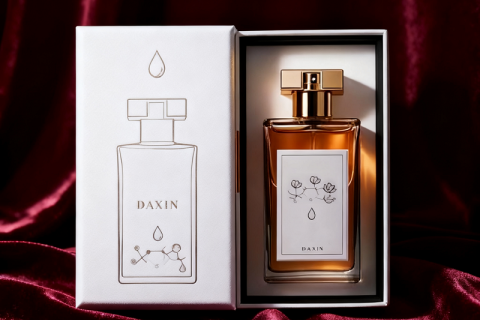In the world of perfumery, the perfume bottle stands as more than a mere container—it's a statement of elegance and craftsmanship. As an experienced practitioner in the glass bottle industry, I've seen how these vessels, especially luxury fragrance bottles, blend form and function to elevate the sensory experience. This article explores the intricacies behind their design, from weighty builds to custom finishes, highlighting why a well-crafted glass bottle remains essential for preserving and presenting fine scents.
Arab perfumes are renowned for their luxurious and captivating scents, often commanding high prices. The expense associated with these fragrances can be attributed to several key factors, including the use of rare and high-quality ingredients, traditional craftsmanship, intricate packaging, and cultural significance. Here's an in-depth look at why Arab perfumes are so expensive.
Arab perfumes, often known for their rich, exotic, and long-lasting scents, hold a special place in the world of fragrance. Their uniqueness stems from a combination of high-quality ingredients, traditional craftsmanship, and cultural significance.
Arabic perfumes are renowned for their rich, exotic, and long-lasting fragrances. Among the myriad of luxurious scents available, one perfume stands out as the most popular and revered in the world of Arabic perfumery: Oud. Specifically, the combination of oud and rose, known as Oud Rose, is often considered the epitome of Arabic fragrance.




